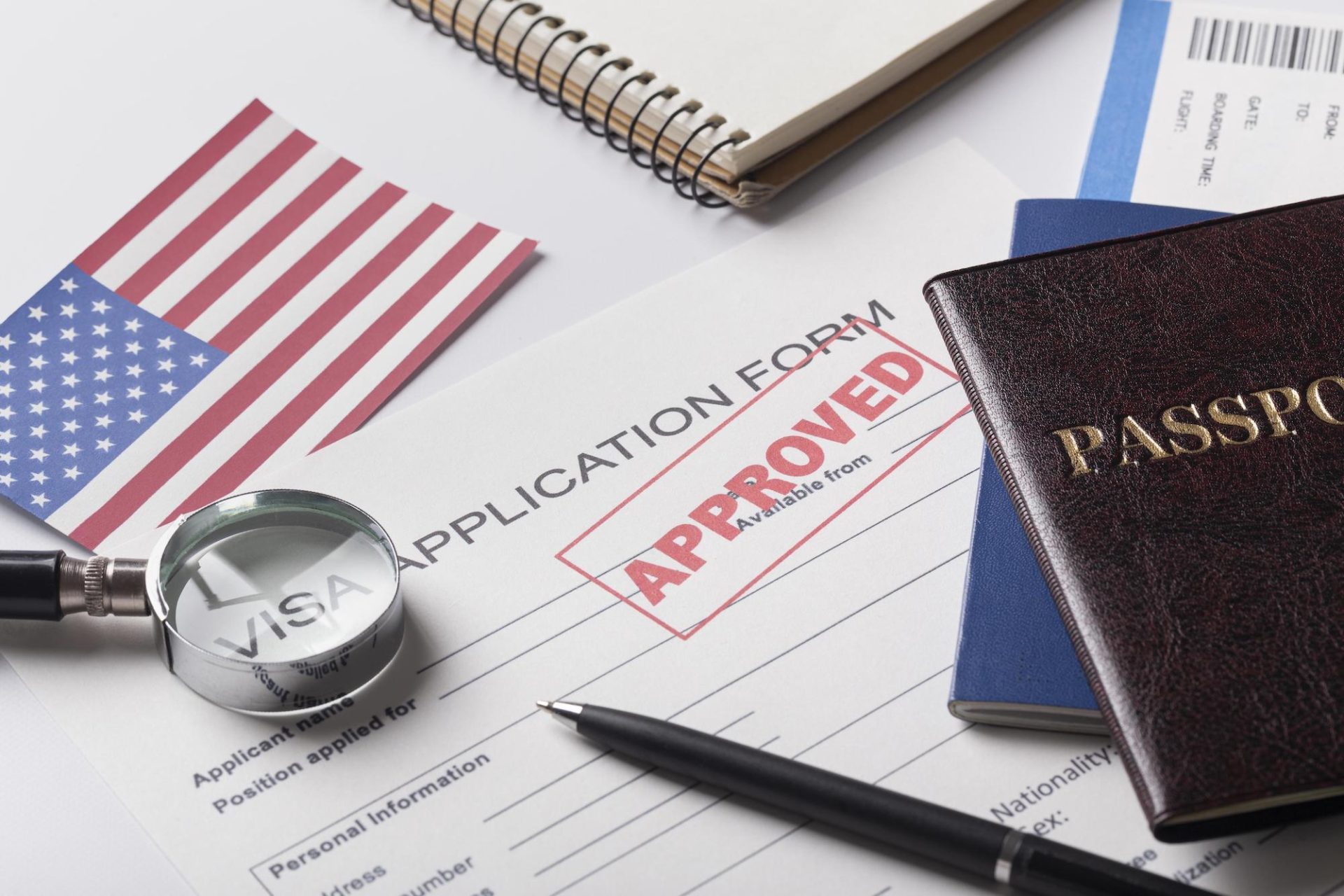With increased scrutiny at U.S. borders and more frequent inspections at events, now is the time for agencies to take a more informed and compliant approach to working stateside.
In a recent micebook session, U.S. immigration lawyer Nita Upadhye (managing partner at NNU Immigration) gave a crucial update to event industry leaders on how to legally and safely operate in the United States.
Here are the top takeaways:
You Can’t Work on an ESTA
Many agency teams have historically used the ESTA Visa Waiver Program to oversee events for their clients in the US.
But this is not legal: ESTA only permits passive business activities—such as attending meetings or conferences, negotiating contracts or scoping venues and preparing proposals. If you’re working (e.g., managing event logistics, running registration desks, or overseeing set-up), you’re at risk of deportation and even a five-year ban.
“Ask yourself: would the event still happen if this person didn’t attend? If the answer is no, then they likely need a visa,” said Upadhye.
She also advised caution with frequency and duration—multiple back-to-back visits or long stays (close to 90 days) raise red flags at the border.
Phones, Documents & Social Media
U.S. border officials can and do review your phone, laptop, and online activity. Upadhye recommends removing social media apps, avoiding work-related files on devices and bringing physical proof of meetings, such as a letter, and return flights.
If you’re questioned and appear to be working, you may be refused entry with no right of appeal—and detained overnight until the next available return flight.
Visa Options for Working in the U.S.
If you need to deliver or manage events in the U.S., here are the main options:
E-2 Investor Visa
Ideal for UK-owned agencies setting up a U.S. presence. Requires:
A registered U.S. company
Substantial investment (often £100k+)
Proof of real business activity (contracts, staffing plans, revenue)
Grants a 5-year visa and opens the door for multiple staff to work in the U.S.
L-1 Intra-Company Transfer Visa
For agencies with a U.S. affiliate office. Allows senior or specialist employees to transfer, provided they’ve worked at the UK company for at least a year.
O-1 Visa (Extraordinary Ability)
For individuals with exceptional credentials—awards, publications, or standout recognition in their field.
E-3 Visa (Australians only)
An excellent, underused visa option for Australian nationals working in the events industry.
What If You Ignore This?
If caught, individuals may be deported or banned from entering the U.S. Agencies can also be flagged, making future entries or visa approvals more difficult.
“We’ve seen companies blacklisted by U.S. immigration because of one employee’s ESTA violation,” warned Upadhye.
Practical Tips to Stay on the Right Side
- Never travel with working documents or itineraries unless you’re properly visa-authorised
- Keep roles at U.S. events clearly non-productive (client liaison only, no logistics or registration roles)
- Consider traveling early to frame visits as preparation or meetings, not delivery
- Get a formal invitation letter from your U.S. partner or client outlining your observer role
- Avoid anything that makes you appear staff: no lanyards, no clipboards, no “team” t-shirts
- Apply for a visa before a denied entry—it’s much harder to get one after

